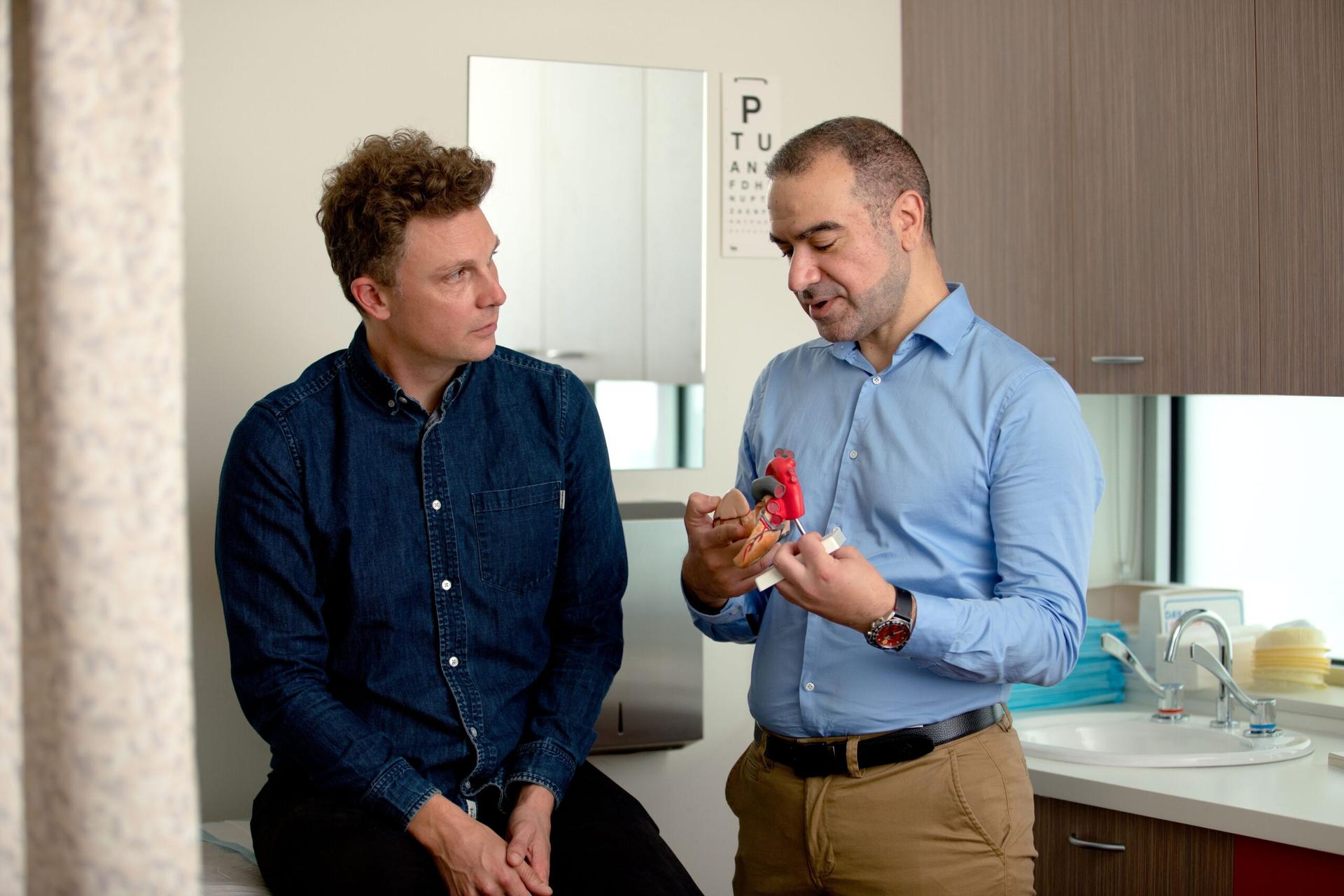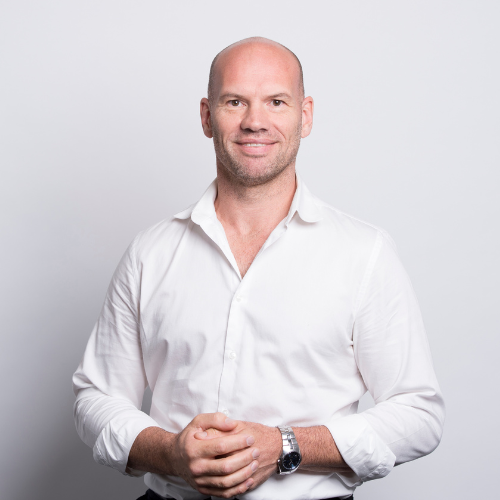Question
What does andrology mean?
Answer
Andrology is the branch of medicine that deals with health conditions and diseases that are specific to men, including their sexual and reproductive function. It’s the male equivalent of gynaecology for females.
You might have heard females talk about seeing their gynaecologists but you’ve probably not heard about anyone seeing their andrologist.
The Australian Health Practitioner Regulation Agency (AHPRA) lists 2,332 registered Obstetrics and Gynaecology specialists (obstetrics is the branch of medicine focused on pregnancy and childbirth) but andrology isn’t a listed specialty.
Healthy Male used to be called Andrology Australia but we changed our name about five years ago. We realised that we needed to talk directly to all Australian men and boys to help them with their health, and lots of them might not think of andrology as being relevant to them (even if they did know what ‘andrology’ meant).
Andrologists undertake specific training in how to treat male health conditions, under the guidance of more senior andrologists, like other specialists do. There’s just no ‘Royal Australian College of Andrology’ like the Royal Australian Colleges of Obstetrics and Gynaecology, Physicians, Surgeons or General Practitioners (and others).
Andrologists in Australia are usually endocrinologists (medical specialists who treat conditions associated with hormones and metabolism) or urologists (surgeons who treat problems with the urinary and reproductive organs) who specialise in treating males. There’s a total of 1400 Australian endocrinologists and urologists but only a minority of them are andrologists.
What should you see an andrologist about?
Why aren’t andrologists common?
The low number of Australian andrologists and the lack of funding to train new ones is a real problem, given that burden of disease is 18% higher, and life expectancy is four years shorter for males than females.
Healthy Male used to provide funding to support training of two or three andrologists each year but our budget can no longer stretch that far. Unfortunately, health services that fund training of obstetricians and gynaecologists and other specialists don’t usually fund the training of andrologists.














